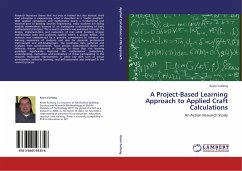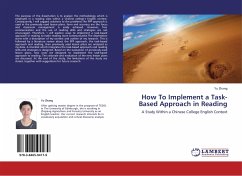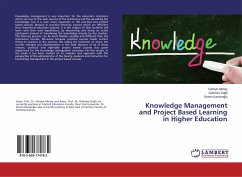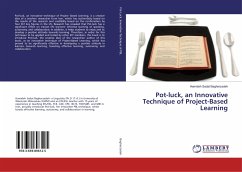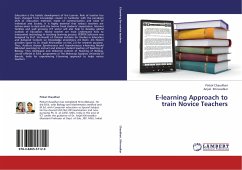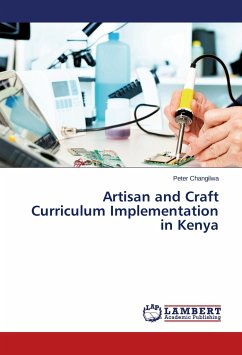Research literature shows that not only in Ireland but also abroad, third level education is experiencing what is described as a maths problem . With applied calculations and mathematics being a fundamental and essential part of Building Services Engineering, many students are failing module examinations because of an inadequate understanding of basic mathematical principles. The research question was examined through the design, implementation and evaluation of real world building services mathematical tasks and problems applied within a project design. The research was underpinned by a genuine commitment to enhance the learning experience of students and also for personal professional improvement and self-development. The qualitative data gathered and analysed from questionnaires, focus groups, observational diaries and reflective diaries culminated in findings to show that this learning paradigm significantly improved the mathematical competence, understanding, motivation and confidence of those participating in the research. Noticeable improvements in other key skills such as group participation, reflective learning, and self-assessment also emerged in the research process.

